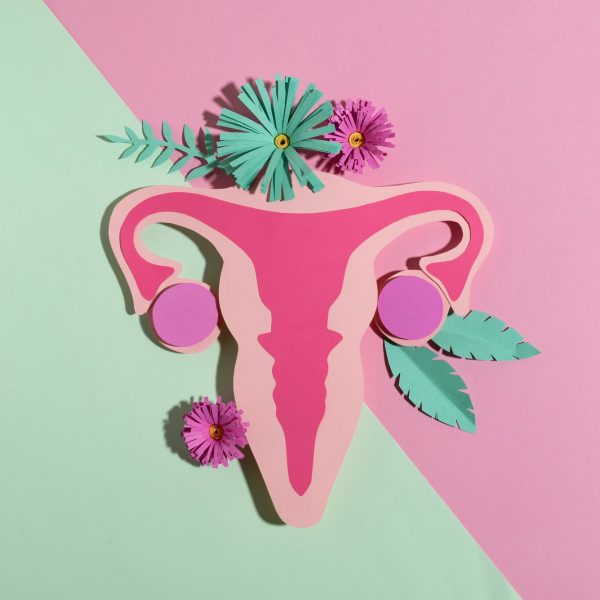Habit formation is one of the most important aspects of our daily lives. It is well-known that humans are creatures of habit, and forming good habits can help us achieve our goals and lead healthy lifestyles. In this blog, we will delve into the science behind habit formation and how it can be used to improve our lives.
The psychology of habit formation
Habits are actions that we perform without conscious thought. They are formed through context-dependent repetition, where behaviour becomes associated with a particular context. As the behaviour is repeated in that context, the association between the two strengthens until the behaviour becomes automatic. This means that habits are not innate but rather learned through repetition. By understanding the process of habit formation, we can identify the cues that trigger our habits and replace negative behaviors with positive ones. This can be achieved by changing the context or environment in which the habit occurs or by replacing the routine with more positive behaviour. Ultimately, forming good habits takes time and effort, but the benefits are numerous. Good habits can help us achieve our goals, lead a healthier lifestyle, and increase our overall well-being. So, start small and work your way up to bigger habits. You can establish new habits that will improve your life with patience and persistence.
The habit loop
According to Charles Duhigg, the author of “The Power of Habit,” habits are formed through a loop that consists of three components: the cue, the routine, and the reward.
- The cue triggers us to perform the behaviour,
- The routine is the behaviour itself, and
- The reward is the positive outcome we associate with the behaviour.
For example, let’s say you have a habit of drinking coffee every morning. The cue might be the sound of the coffee machine brewing, the routine is drinking the coffee, and the reward is the boost of energy you feel afterwards. This loop becomes stronger over time, and the behaviour becomes automatic. There can be times when the aroma of coffee will trigger your urge to drink.
Breaking bad habits
Breaking bad habits can be difficult, but it is not impossible. The first step is to identify the cue that triggers the behaviour. Once you have identified the cue, you can replace the routine with more positive behaviour. For example, if your cue for smoking is stress, you can replace the routine of smoking with a relaxation technique like deep breathing or meditation.
Another way to break bad habits is to change the environment in which the behaviour occurs. For example, if you habitually eat junk food while watching TV, you can change the environment by moving the TV to a different room or removing the junk food from your house altogether. We will discuss more ways to break old habits in consecutive blogs.

Forming good habits
Forming good habits requires patience and persistence. There can be days when you feel dejected and you may relapse quite a lot of times before actually forming new habits. It takes time to establish a new habit, but once it is established, it becomes automatic. The first step is identifying the behaviour you want to change and the cue that triggers it. Once you have identified the cue, you can replace the routine with a more positive behaviour.
For example, if you want to start practising yoga every day, you can identify a cue like waking up in the morning or coming home from work. Once you have identified the cue, you can replace the routine with a positive behaviour like doing simple breathing yoga or Surya Namaskar at/out of the home. The key is to repeat the behaviour in the same context until it becomes automatic.
Rewarding yourself for good habits
Rewarding yourself for good habits can help reinforce the behaviour and make it more automatic. It is just like rewarding a kid with chocolate when they score high marks on tests. The reward should be something that you enjoy and that is positive. For example, if you regularly do yoga every day, you can reward yourself with a relaxing bath or a massage.
However, it is important to avoid rewarding yourself with something that is counterproductive to your goals. For example, if you have a habit of eating healthy, you should not reward yourself with a cheat day that involves eating junk food. Try to include as many healthy foods and nutrients as possible.
Conclusion
Habit formation is a powerful tool that can be used to improve our lives. By understanding the psychology behind habit formation and using it to our advantage, we can break bad habits and form good ones. It takes patience and persistence, but the rewards are worth it. So, start small and work your way up to bigger habits. You can achieve your goals and lead a healthy lifestyle with time and effort.










Share this article